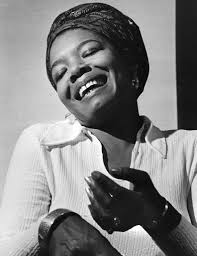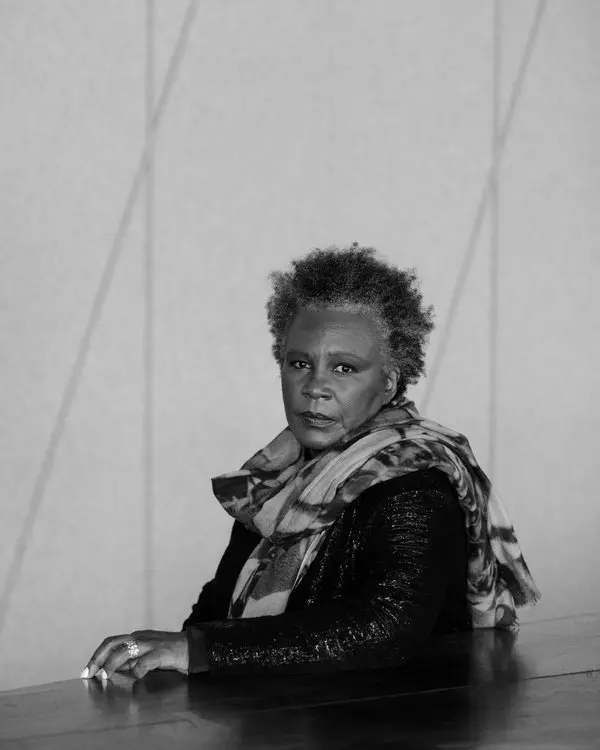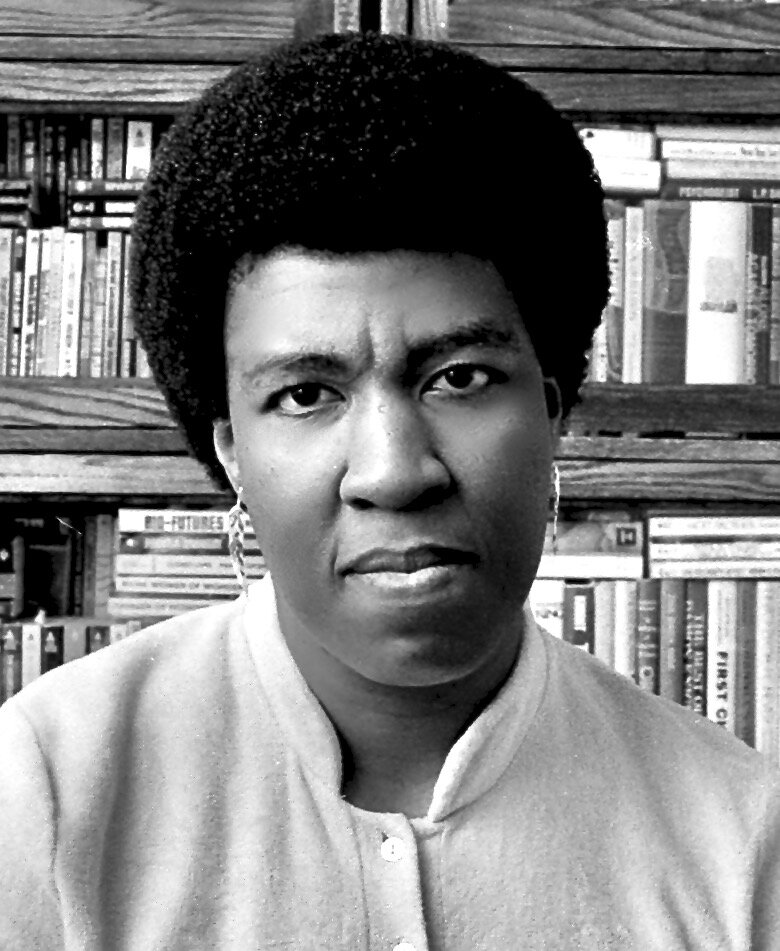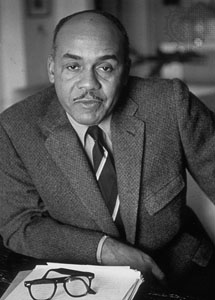African American authors have always played a critical role in documenting history and addressing social issues. Since the Harlem Renaissance, their voices in literature have been invaluable for understanding themes of Black excellence, resilience, and systemic injustices.
This blog post covers five iconic Black writers including Zora Neale Hurston, Maya Angelou, Claudia Rankine, Octavia Butler, and Ralph Waldo Ellison. There voices echo across generations and inspire readers anew with every page. Let’s start the exploration!
1. Zora Neale Hurston

Zora Neale Hurston grew up in Eatonville, Florida, which was the first all-Black incorporated town in the United States. As a writer and anthropologist, she used her dual passions to preserve the folklore and oral histories of the Black experience. Her top-selling book related to the 1920s, Their Eyes Were Watching God, is celebrated for its groundbreaking exploration of a Black woman’s quest for identity and independence. Among the notable books by Zora Neale Hurston, her short story Sweat is another standout. Set in the Jim Crow-era South, this gripping tale follows Delia, a washerwoman enduring an abusive marriage. It captures themes of survival, justice, and resilience. Hurston’s legacy is defined by her ability to intertwine anthropological insight with compelling narratives. Which solidifies her place as a literary icon.
2. Maya Angelou

“You may write me down in history with your bitter, twisted lies,” Maya Angelou proclaims in her iconic poem Still I Rise. Angelou’s poetry, rich with wisdom and unapologetic truth, cements her status as one of the greatest literary voices of the 20th century. Her ability to channel personal and collective struggles into transformative art is why she belongs on this list of influential African American writers. Among the books written by Maya Angelou, her memoir I Know Why the Caged Bird Sings broke new ground. It offered a poignant exploration of identity, racism, and the strength of the human spirit. Angelou’s impact extends far beyond her written work. For instance, she became the first Black woman to appear on the U.S. quarter. Which is a fitting tribute to her legacy.
3. Claudia Rankine

Famous lyric poems by famous poets often capture the essence of their time. And Claudia Rankine does just that with her groundbreaking work. As one of the most prominent African American female poets of the 21st century, Rankine is renowned for her mastery of the lyric genre. She incorporates a blend of poetry and prose that conveys profound emotional depth and cultural critique. Her acclaimed book, Citizen: An American Lyric, is a masterful exploration of race, identity, and systemic inequality. It blends personal narrative with cultural commentary. Among the Claudia Rankine books, Citizen stands out as a modern classic, forcing readers to confront uncomfortable truths about racism in contemporary society. Through her innovative style and fearless honesty, Rankine has become a vital voice for justice and understanding, solidifying her place among the most influential poets of our time.
4. Octavia Butler

Octavia Butler broke barriers as a Black woman in the predominantly white, male-dominated genre of science Fiction Authors. Growing up in California, Butler’s love for storytelling began at a young age, fueled by her curiosity and imagination. She used her craft to address social issues through speculative fiction, paving the way for Afrofuturism.
Her novel Kindred is a masterful blend of science and historical fiction, following a modern Black woman who is transported back to the antebellum South. The book examines the horrors of slavery while exploring themes of survival and resilience. Another standout work, Parable of the Sower, offers a dystopian vision of the future, highlighting environmental and societal collapse. Butler’s groundbreaking narratives have inspired a new generation of writers and reaffirm the importance of representation in all genres.
5. Ralph Waldo Ellison

Ralph Waldo Ellison’s literary legacy offers profound insights into the intersections of race, identity, and individuality in America. Born in Oklahoma in 1913, Ellison initially aspired to be a musician before discovering his passion for writing. His psychological thriller fiction novel, Invisible Man, stands as a cornerstone of American literature. This book is celebrated for its groundbreaking exploration of identity and systemic injustice. Through the journey of its unnamed protagonist, Ellison examines the metaphorical “invisibility” imposed on Black individuals in a society that refuses to acknowledge their humanity. Ellison’s nuanced storytelling and unflinching critique of racial and social inequities is a testament to the power of storytelling to unmask the unseen truths of society.
Conclusion
The stories by African American black authors remind us of the importance of utilizing literature in challenging the status quo. As we celebrate their contributions, we should also recognize the power of storytelling to inspire change and foster understanding. Personally, I believe that stories of black fiction authors are channels to connect us with history, culture, and the enduring strength of the human spirit.
FAQs
Q1: What are some other notable books by Ralph Waldo Ellison?
Shadow and Act and Going to the Territory, which are collections of essays exploring culture, politics, and identity in America.
Q2: What is the significance of the Maya Angelou quarter?
The Maya Angelou quarter, released in 2022 as part of the U.S. Mint’s American Women Quarters Program, honors her legacy as a poet, activist, and cultural icon. It features an image inspired by her poem Still I Rise.
Q3: What is the summary of Sweat by Zora Neale Hurston?
It’s is a short story about Delia, a washerwoman in Florida, who endures years of abuse from her husband, Sykes. The story explores themes of resilience, betrayal, and poetic justice, making it one of Hurston’s most powerful works.
Q4: Are there any must-read books by African American authors?
Yes, of course. One must explore ‘Their Eyes Were Watching God’ by Zora Neale Hurston, ‘I Know Why the Caged Bird Sings’ by Maya Angelou, ‘Citizen: An American’ Lyric by Claudia Rankine, ‘Kindred’ by Octavia Butler, and ‘Invisible Man’ by Ralph Waldo Ellison.
